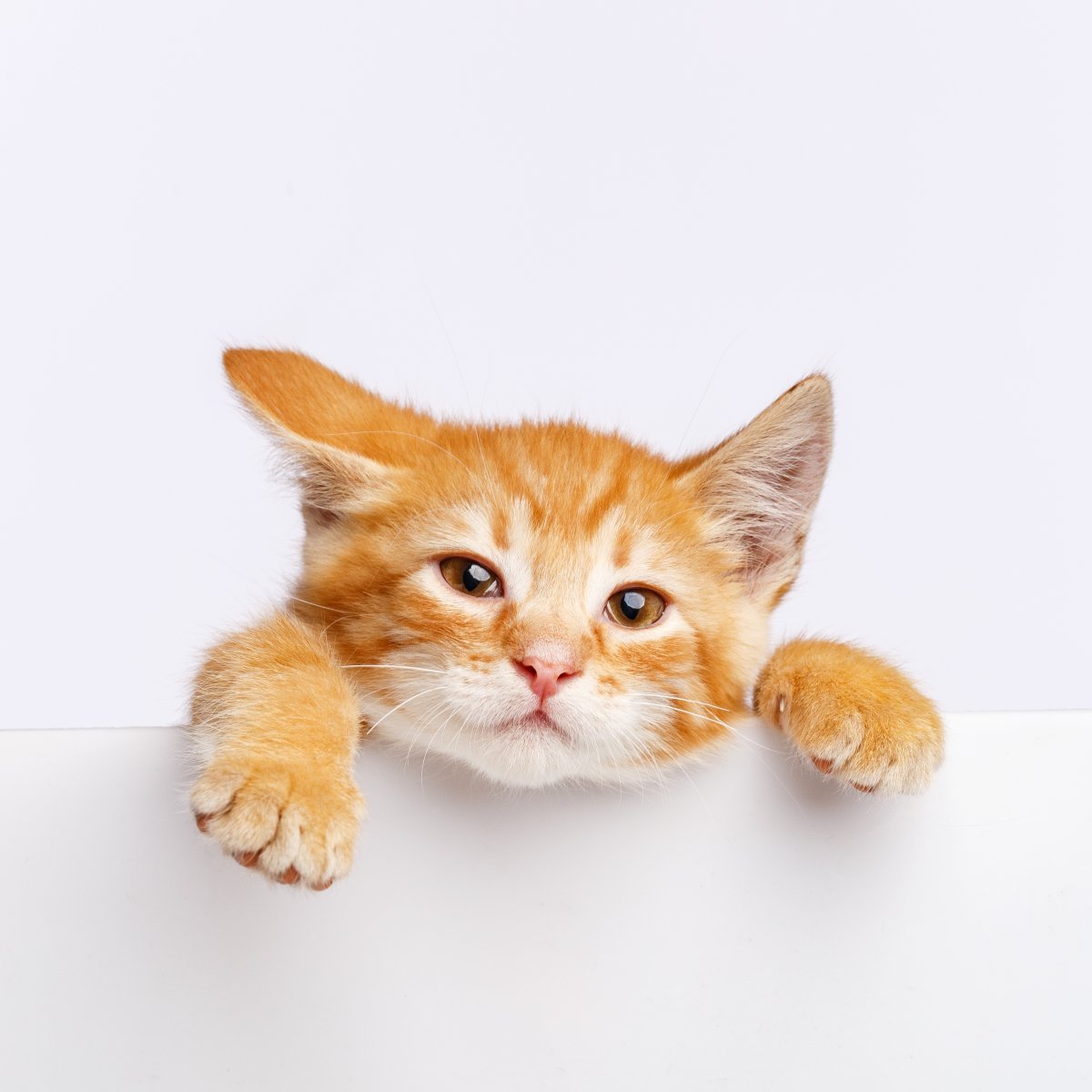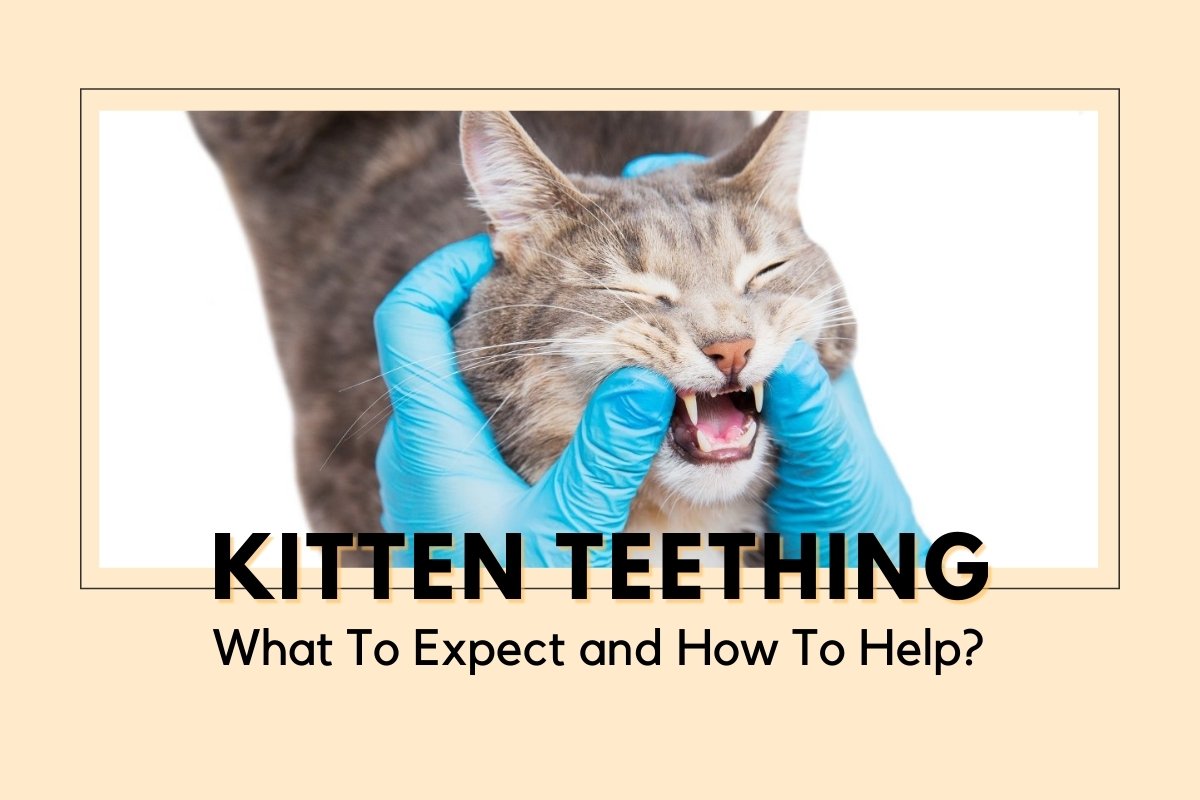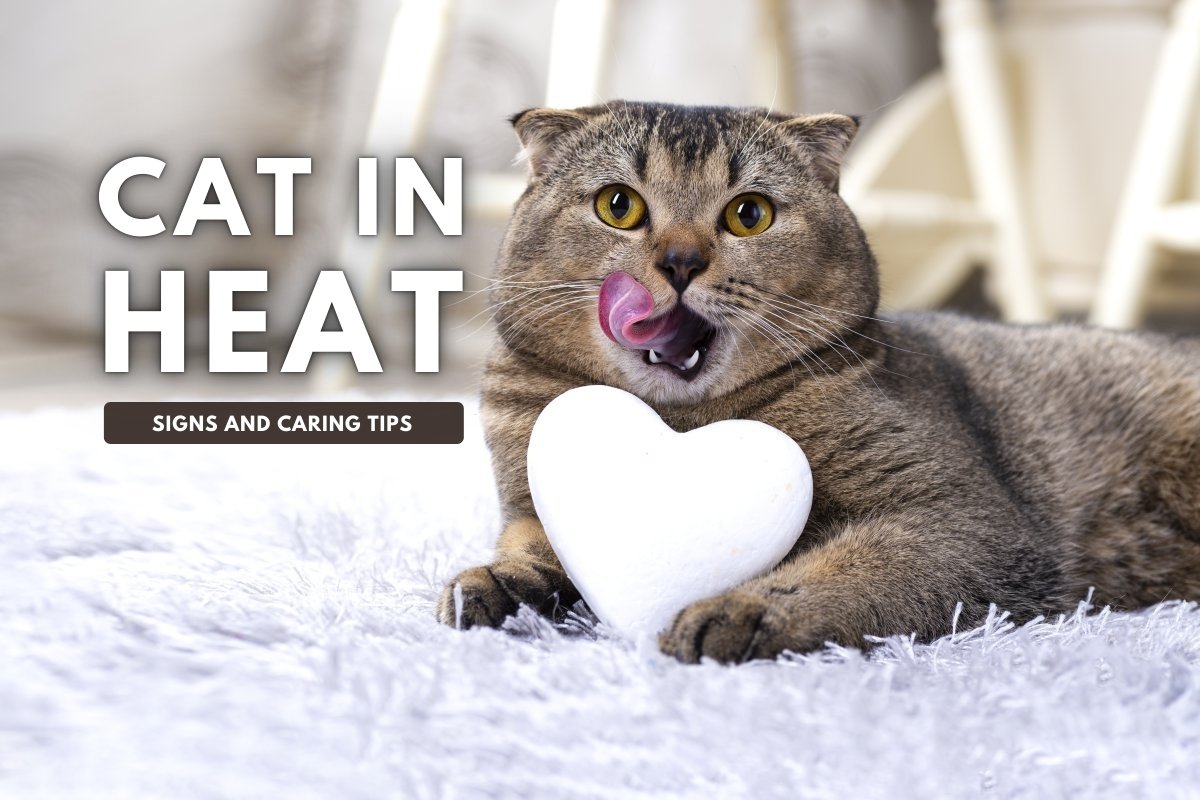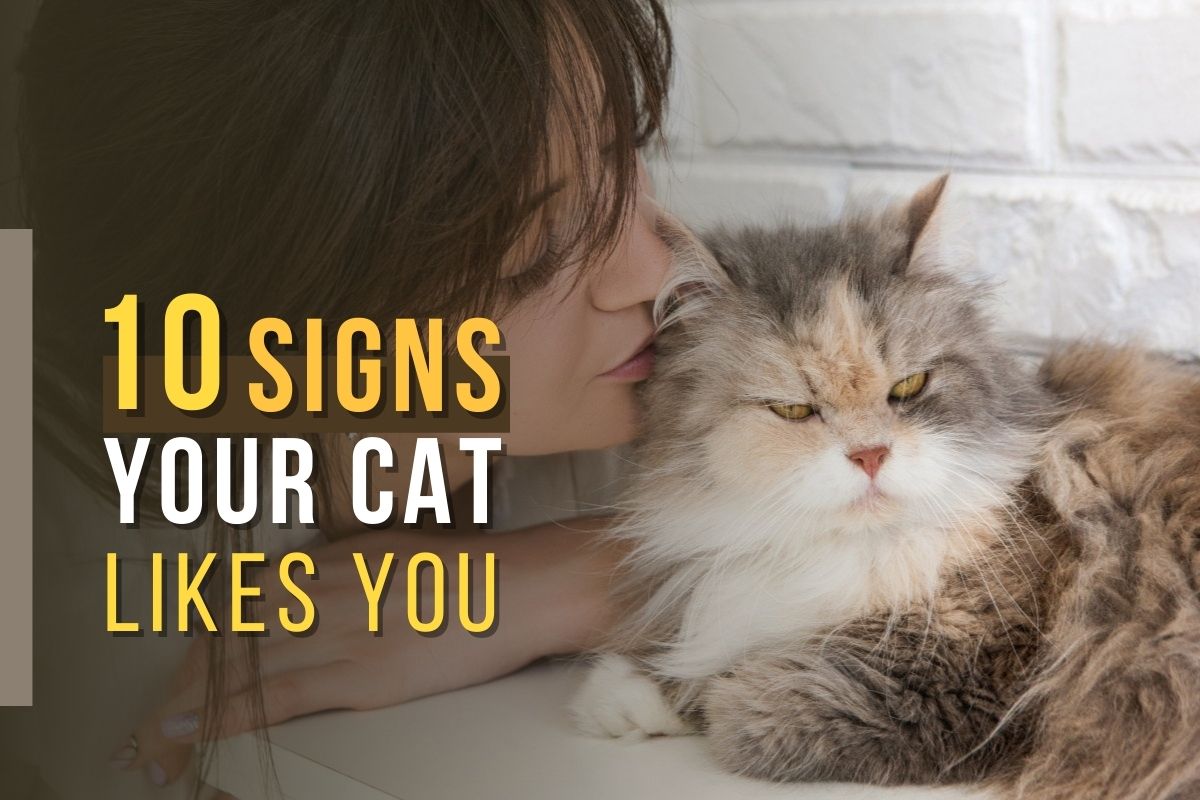As a new pet owner, you may be wondering, do kittens have teeth? They most definitely do. A teething kitten may display agitation and not eat its food. However, you should not worry since teething is a very normal process that every kitten goes through. Our tips are designed to help you navigate the world of teething kittens so that your feline friends suffer the least amount of pain when they are going through this change.
Do kittens go through teething?
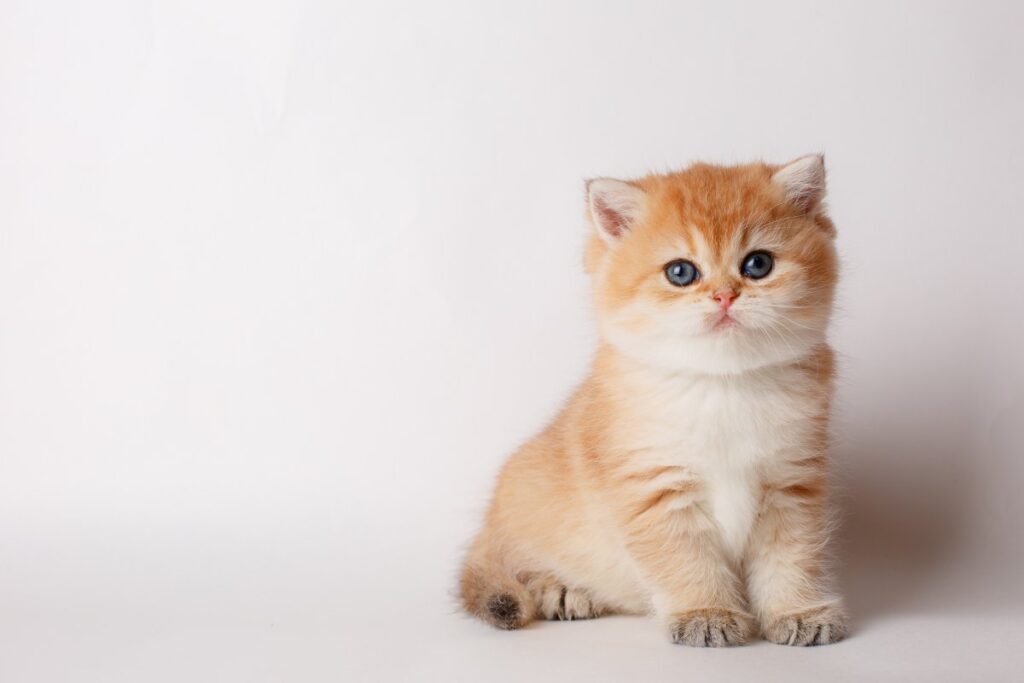
Yes, kittens do go through their version of teething. While teething in babies refers to when their teeth come out from their gums for the first time, in kittens, the process refers to the coming out of their adult teeth. The kitten’s teething age is about 3 months, and the process starts when their 26 baby teeth start to fall out.
Kittens are born with these teeth, and they are sharp and made of a soft material. These baby teeth were always meant to be temporary, but their 30 adult teeth are much sharper. The most common signs of a teething kitten are a decreased appetite, blood from the gums, and a cranky mood. You may even see your kitten drooling occasionally.
Is the process painful?
Well, strictly speaking, teething does not cause pain in kittens. This is because kittens already had teeth that fell out, and new ones are coming out in their place. This means that their gums are not making room for new teeth; they are merely making new ones. However, even though there is no pain involved, this whole process can be extremely irritating for your kitten.
This can cause your teething kitten to appear agitated, but you should not worry. The problems bothering your teething kittens can be easily resolved with a few easy steps and can help you overcome this minor ordeal.
Use wet foods
The first tip for dealing with teething kittens is to give them wetter foods. Several cat foods are available in the market, and the most common and cost-efficient ones are dry food brands. While there is nothing wrong with giving your dry cat food, we suggest avoiding this for a while if you have a teething kitten.
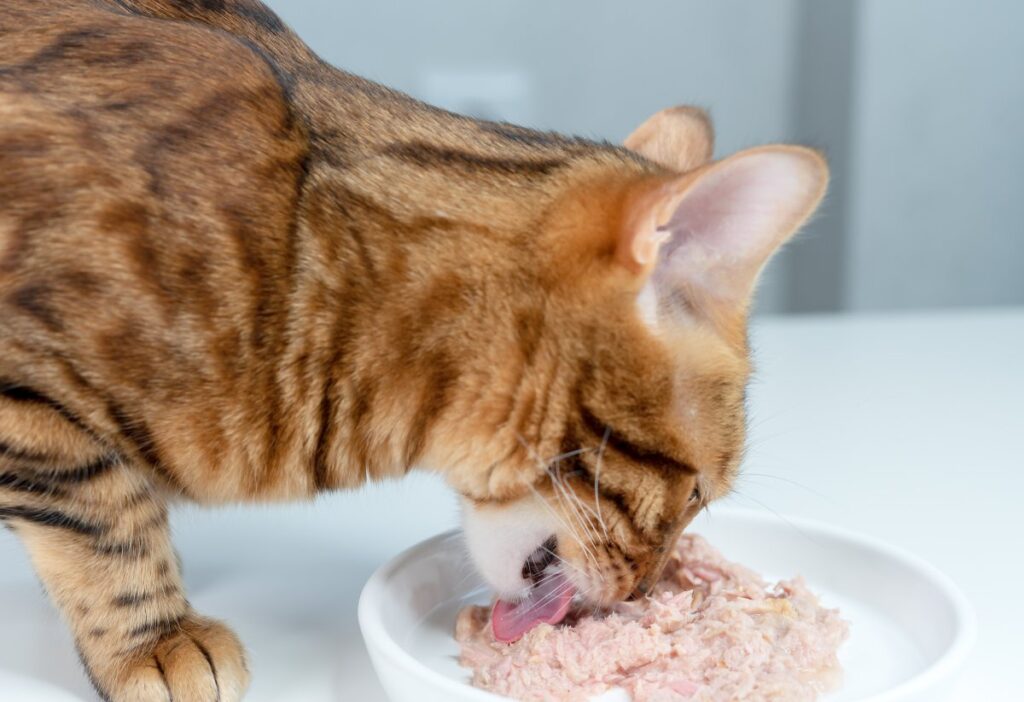
This is because tried food can be tough to chew. While adult cats can easily get through it, teething kittens may find it very difficult to break down this food, and the process may put them in pain.
For the few weeks that your kitten is teething, we would suggest using wet, canned foods, which may be a little more expensive, but are completely worth it if you want to avoid irritating your teething kitten.
Make use of chew toys
Chew toys are the best friends of teething kittens. Just as you would give chew toys to a teething baby, our little cat babies also benefit from them. If you want to engage in a little DIY, you could wet a blanket using cold water and give it to your teething kitten so that it can chew it.
However, you can easily find professional kitten teething toys at leading pet stores that are designed for the specific purpose of soothing your teething kitten’s sore gums. These toys often have a cold gel since the cooling effect helps to bring down inflammation and swelling.
A word of caution, if your teething kitten starts chewing on your fingers to please itself, discourage that habit! While it may look cute and not painful at first, as your cat grows up, this habit of chewing humans can develop into a permanent one and cause injuries once your cat grows up.
Engage with your kitten

One tip for dealing with a teething kitten is to keep them engaged in several different games and activities. You could use a laser pointer and point it in different directions, which will cause your kitten to chase the light.
Games using paper balls and soft toys will also keep your kitten busy continuously. The reason for suggesting this is that when a kitten is playing a game, it will become distracting, and its mind will not drift off to painful thoughts of its new teeth coming out.
Use Iced Food
One of our top tips for dealing with a teething kitten is to freeze their food and give it to them. If you are using wet food, you can freeze it into smaller cubes and pieces. Give these to your teething kitten at mealtimes, and while they eat, the melting ice can also reduce any swelling and pain.
If you cannot find food that is fit for freezing, you can always make your own. Take a few spare chicken pieces and bones and boil them for a bit. This will create a nutritious broth. Allow the broth to come to room temperature and then put it into an ice cube tray to freeze it into smaller, cube-sized pieces.
Give a few of these cubes to your pet whenever it seems to appear especially irritated. These light “snacks” will give your teething kitten something they can chew on and will not disrupt their regular meal schedule since broth cubes are not that heavy.
Visit your vet
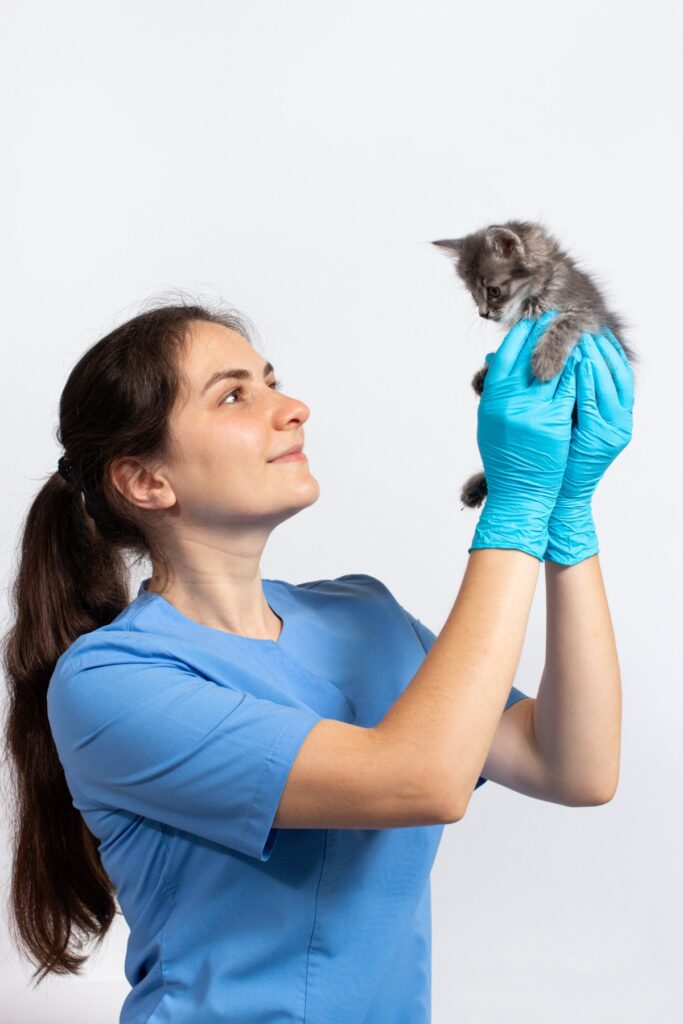
The last tip for dealing with a teething kitten is to visit a vet. Yes, you read that right. Visiting a vet is always essential whenever your teething kitten displays symptoms such as yowling or bleeding gums. This is because every kitten has its body type, and your teething kitten may have some particular ailment that makes its teething process especially painful. It is always a good idea to visit a vet since he may be able to recommend special ointments and medicines that could soothe the pain of your teething kitten.
We hope that our brief guide on teething kittens helps you understand the teething process better. The tips we have provided are easy to follow and help reduce the most problematic symptoms of teething.

